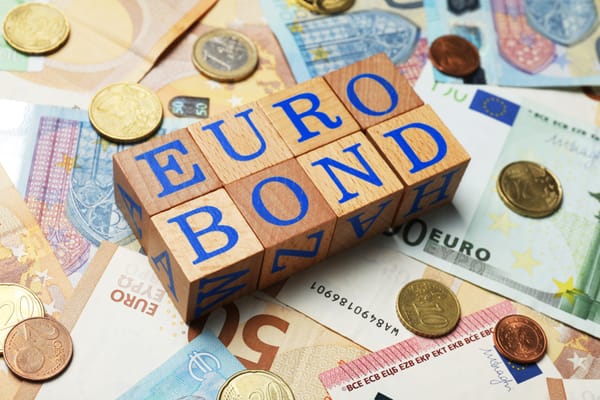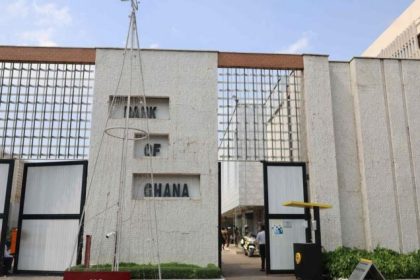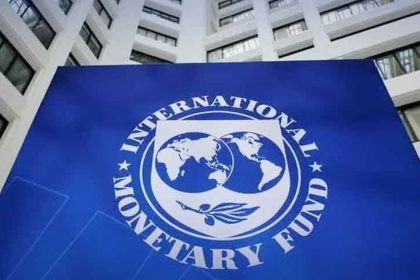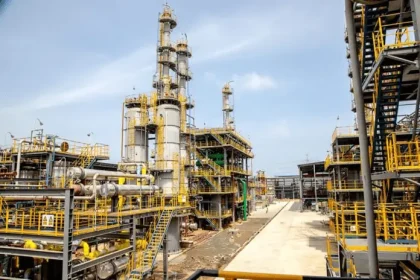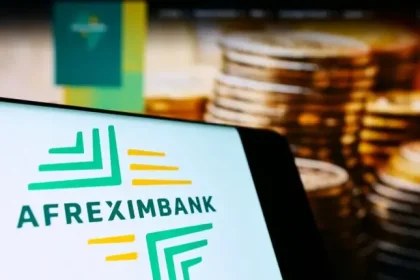The government has pledged to make a US$346 million coupon payment to Eurobond holders on January 3, 2025—equivalent to about GH¢5.05 billion at the current interbank rate of GH¢14.6 to the US dollar.
This announcement was made by President Nana Addo Dankwa Akufo-Addo in his final State of the Nation Address (SONA) to Parliament earlier today. The President stressed the government’s determination to avoid debt defaults, highlighting that this payment is a key step toward rebuilding trust with the international investment community.
“We cannot afford to default on our debt repayments,” President Akufo-Addo emphasized, underscoring the importance of maintaining Ghana’s creditworthiness.
Despite the government’s commitment to meet its obligations, the move has reignited worries about the country’s limited fiscal space and mounting pressure on the cedi in the first quarter of the year. On Thursday, January 2, 2025, Finance Minister, Dr. Mohammed Amin Adam, secured parliamentary approval for an Expenditure in Advance of Appropriation bill totaling GH¢68.13 billion. This includes anticipated interest payments of GH¢20.69 billion and “other payments” largely made up of energy sector costs amounting to GH¢9.46 billion.
Ghana resumed servicing its Eurobond debts in October 2024, following the completion of a debt exchange program with bondholders. As part of that resumption, the government paid over US$520 million in coupon payments to investors. This figure consisted of US$120 million in consent fees to incentivize bondholders who participated in the exchange, alongside US$320 million in outstanding coupon payments that had been suspended since 2022. The debt restructuring covered US$13 billion in Eurobond liabilities and achieved a 98 percent participation rate among bondholders. The government’s next coupon payment is slated for July 2025.
Last year, new Eurobonds with a total nominal value of around US$9.4 billion were issued in exchange for existing restructured Eurobonds, as part of efforts to reinforce debt sustainability under the IMF program. The restructuring delivered US$4.3 billion in debt service relief between 2023 and 2026, and also cut interest rates from over 8 percent to below 5 percent. This Eurobond exchange was preceded by the Domestic Debt Exchange Programme (DDEP), which involved the restructuring of approximately GH¢203 billion of domestic debt. The government also reached an agreement with the Official Creditors Committee (OCC) to restructure around US$5.1 billion in bilateral official debt.
According to the Finance Ministry, reducing the face value of the Eurobonds had a noticeable impact on the national debt. The total public and publicly guaranteed debt declined in cedi terms by GH¢46.8 billion, dropping from GH¢807.79 billion in September 2024 to GH¢761.01 billion in October 2024. Consequently, Ghana’s public debt-to-GDP ratio fell from 79.2 percent in September 2024 to 74.6 percent in October 2024.
Data from the Bank of Ghana also indicates an overall strengthening of the external sector last year, driven by a larger current account surplus and diminished net financial outflows, which supported a robust buildup of external reserves. Over the first nine months of 2024, the current account surplus climbed to US$2.2 billion—up from US$912 million in the same period in 2023—due to an increase in gold and crude oil exports, as well as strong remittance inflows. The capital and financial account posted a net outflow of US$414 million, markedly lower than the US$1.4 billion outflow in 2023, contributing to an improved balance of payments position.
From January to the end of September 2024, Ghana accumulated an additional US$1.91 billion in foreign reserves, reaching a total of US$7.83 billion, equivalent to 3.5 months of import cover. As of November 22, 2024—the most recent data available—gross reserves had risen further to US$7.92 billion.


